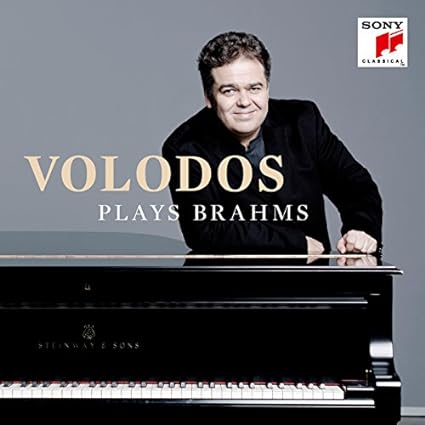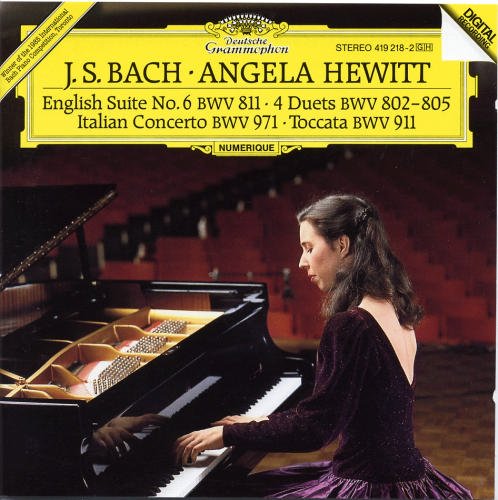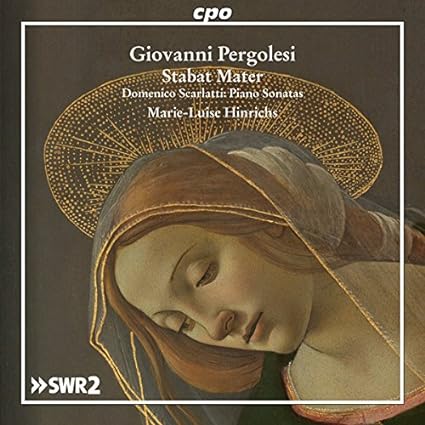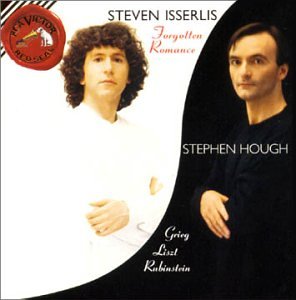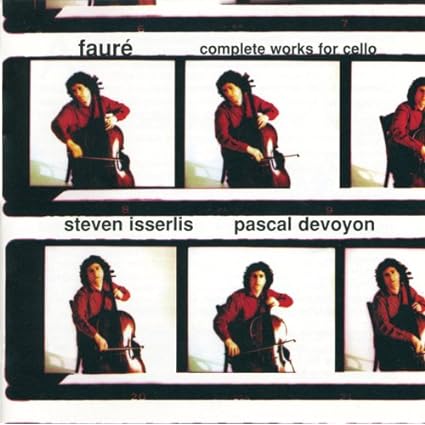Todd A
pfm Member
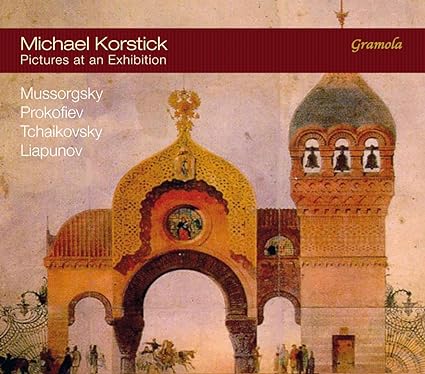
Michael Korstick playing some Russian piano music. I come to every Korstick recording with expectations of effortless virtuosity, sometimes exaggerated slow movements, a metallic patina, and eardrum-injuring and bone-crushing power. He surprises in this 1999 recording only by displaying a less metallic sound than he often does. The Mussorgsky starts off the disc, and the first Promenade is comparatively normal - one must wait until the third one to hear unreconstructed sonic massiveness - but one has to wait only until Gnomus to hear that bone-crushing power married to virtuosity that would be silly in its extreme display were it not so serious. You want thundering Bydlo with plaster-loosening left hand playing? You got it. (I tend to listen to Korstick recordings at higher than usual volumes to get the full effect.) The Ballet of the Unhatched Chicks sounds like what a very serious person thinks light-hearted playing sounds like. Korstick forgoes the Promenade between Samuel Goldenberg und Schmuyle and Limoges, making for a more jarring transition to the latter, especially given its hyper sound, and then he moves into a heavy-duty Catacombs, where dynamic contrasts are extreme. When it arrives, Baba Yaga smacks the listener upside the head the most powerful playing I've yet heard. Korstick backs off after the initial barrage, but those seeking true respite will not find it when he punches out some sharp right hand chords, before returning to proper bone-crushing form near the end. The Great Gate of Kiev is great indeed, with massive bass chords providing a foundation for a fifty story tall musical edifice. Forget Lewis or Kissin, their gates are puny little jokes scaled for Stuart Little.
The Tchaikovsky Doumka ends up displaying more of that Korstick steel, and the effect is to drain the piece of any and all tonal color and rhythmic nuance, but the sheer excitement and power that Korstick generates comes close to off-setting anything that may be lost. (This piece also managed to make picture frames rattle for no good reason, or for very good reason, depending on how you look at it.) Sergei Lyapunov's Etude No 10 follows, and here Korstick gets to play an unabashedly virtuosic piece in unabashedly virtuosic style - with seeming ease. I would not mind one little bit if he recorded Liszt's original version of the Transcendental Etudes.
The heavy-duty disc ends with the last of Prokofiev's War Sonatas. The few brief flourishes in the first movement aside, the first two movements find Korstick merely playing seriously, with a dark mien, and some playing that sounds marginally attractive. It's heavy playing of heavy music. The final movement allows Korstick to do his thing with far less restraint, and so he does, with some playing just hammered out, but he has no problem delivering what he wants to deliver.
So, a good disc, but something of a heavy, tiring one. It will not lift spirits or make one smile much, but the unlimited power and supremely controlled and awesome virtuosity are their own unsmiling rewards.
I'd like to hear Korstick in person, but I would make sure to get some seats in the back half of the hall.
Amazon UK link for Ars Musici issue
This site contains affiliate links for which pink fish media may be compensated.



